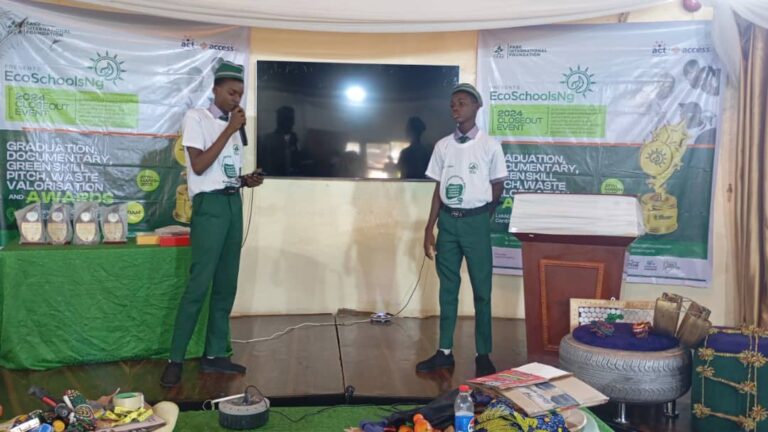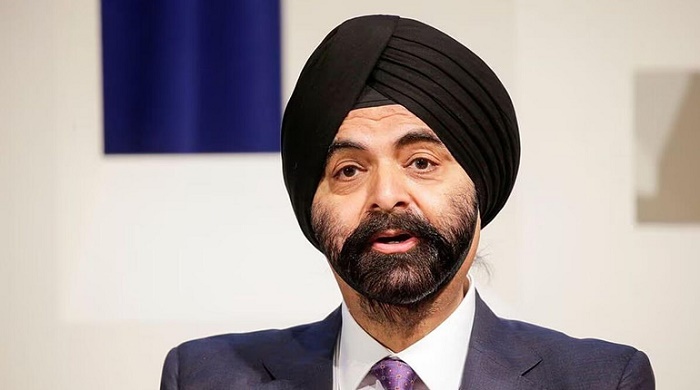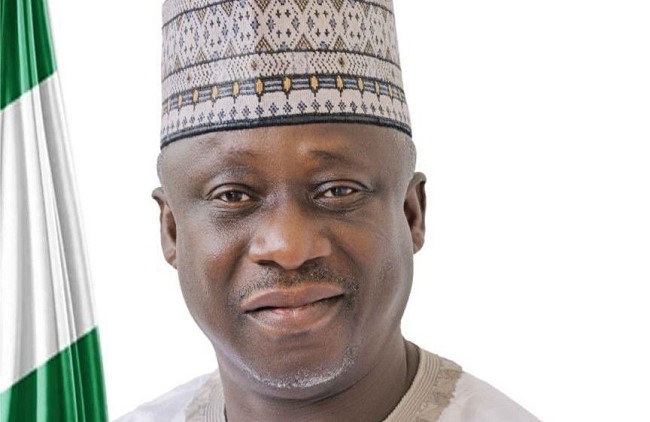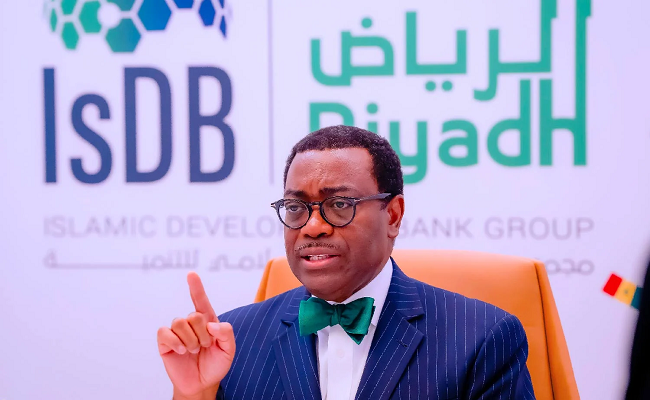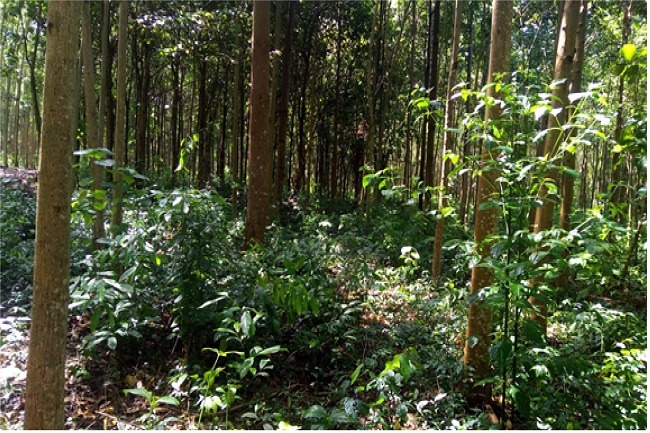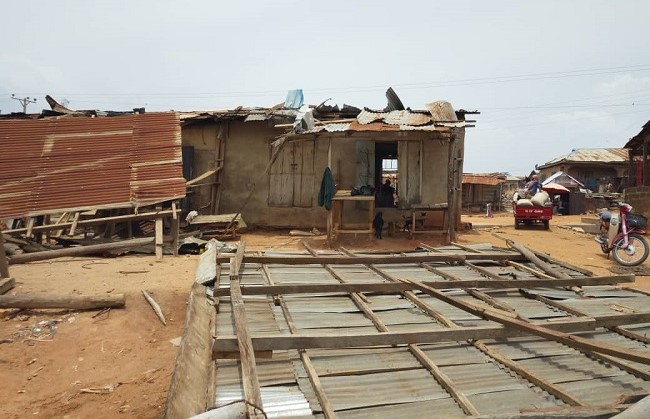Real estate experts in Lagos on Friday, March 28, 2025, called for policy shifts, mortgage reviews and private-sector-led innovations to achieve affordable mass housing that caters to middle and low-income earners in Nigeria.
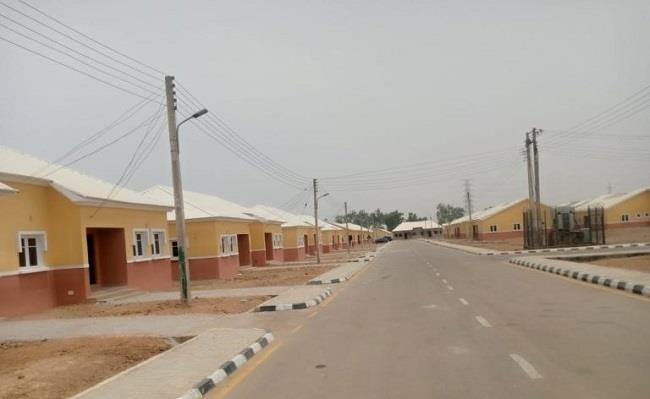
They also called for the adoption of green building practices alongside modern technology for faster and cheaper construction.
They gave this advice at the Nigeria Housing Dialogue 2025, organised by The Sixteenth Council in partnership with Capital City Development Ltd.
Delivering a keynote address, Dr Brian Reuben, Executive Chairman of The Sixteenth Council, explained the reasons for the slow progress in housing finance and policy implementation, citing a lack of continuity.
According to him, mortgage penetration in Nigeria is below one per cent, compared to 30 per cent to 40 per cent in developed countries.
Reuben urged the private sector, financial institutions, and civil society to support the government and take the lead in reshaping Nigeria’s housing future.
“Build private-sector-led mortgage finance models that provide realistic financing options for middle- and low-income earners,” he said.
Speaking on the topic, “The Future of Affordable Housing in Nigeria: Policies and Innovations,” Reuben, represented by Amadi Iheukwumere, Partnership Director, called for a shift from traditional mortgages.
He advised developers and the private sector to embrace innovative financing and construction models, while urging state governments to establish housing boards, streamline land processes, and attract investors.
He urged banks and financial institutions to develop creative mortgage models tailored to the realities of Nigerian income levels.
Reuben advised civil society and the media to continue demanding accountability, tracking progress, and exposing failed projects.
He also advised Nigerians to join housing cooperatives, invest in home savings plans and push leaders for reforms.
Delivering another keynote address, Mr. Uche Kalu, Group Managing Director of Capital City Development Ltd, spoke on “Urbanisation and Infrastructure: Rethinking Housing for Nigeria’s Growing Cities”.
Kalu, represented by his Business Development Manager, Rose Okpurhe, also stressed the need for collaboration between the government, private sector and investors to find lasting solutions to shelter and financing gaps.
He highlighted the challenges of urbanisation, the factors needed to achieve sustainable, resilient cities that promote well-being and livelihoods, and explained the interventions by his firm.
Dr Stephen Akintayo, Chairman of Gtext Homes, represented by the Managing Director, Farouq Usman, delivered a third keynote address titled “Unlocking Housing Finance: Bridging the Mortgage Gap”.
Akintayo called for policies that could help developers build at single-digit interest rates and simultaneously allow first-time homeowners access to mortgages.
Dr Kennedy Okonkwo, Founder of Victoria Crest Homes, and the President of the Nigerian Institute of Quantity Surveyors, Mr. Christopher Lawrence, called for the adoption of the Lagos Homes model nationwide.
They also called for the continuity of former Minister of Housing, Babatunde Fashola’s model, which promoted local content and served as incentives for mass job and business opportunities in the housing sector.
They said these measures would check the current trend where only the rich keep buying, reselling, or renting out houses to the detriment of middle and low-income groups.
Mr. Olukayode Olusanya, Chief Executive Officer of Oak Group, also called for federal government incentives and an enabling environment to attract state governors into housing development.
Other speakers and panelists at the event advocated for crowdfunding, diaspora investments, rent-to-own schemes, among other initiatives.
During the event, The Sixteenth Council, in partnership with Capital Development Ltd, unveiled the Nigeria Housing Report 2025.
The 57-page document, which made recommendations and offered data-driven insights into market trends, as well as the current state and future of housing in the nation, was reviewed by Mr. Godswill Erondu.
The Chief of Staff to the Executive Chairman of The Sixteenth Council, Maryjane Eze, said both the document and the communique from the meeting would be presented to governments at all levels nationwide.
She explained the role of the think-tank organisation, which is focused on finding solutions to societal problems.
By Grace Alegba

